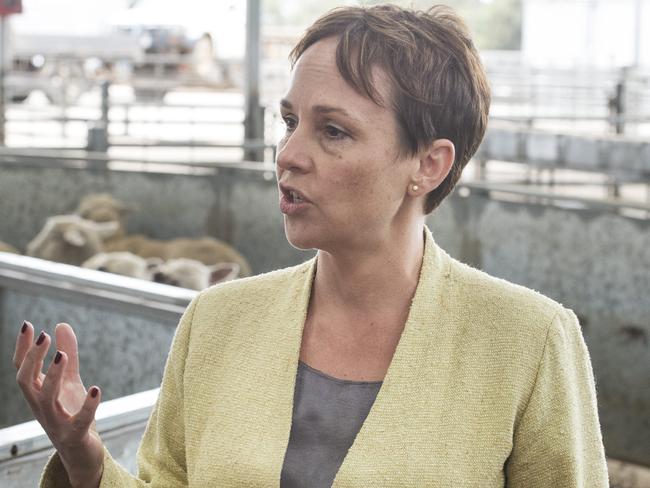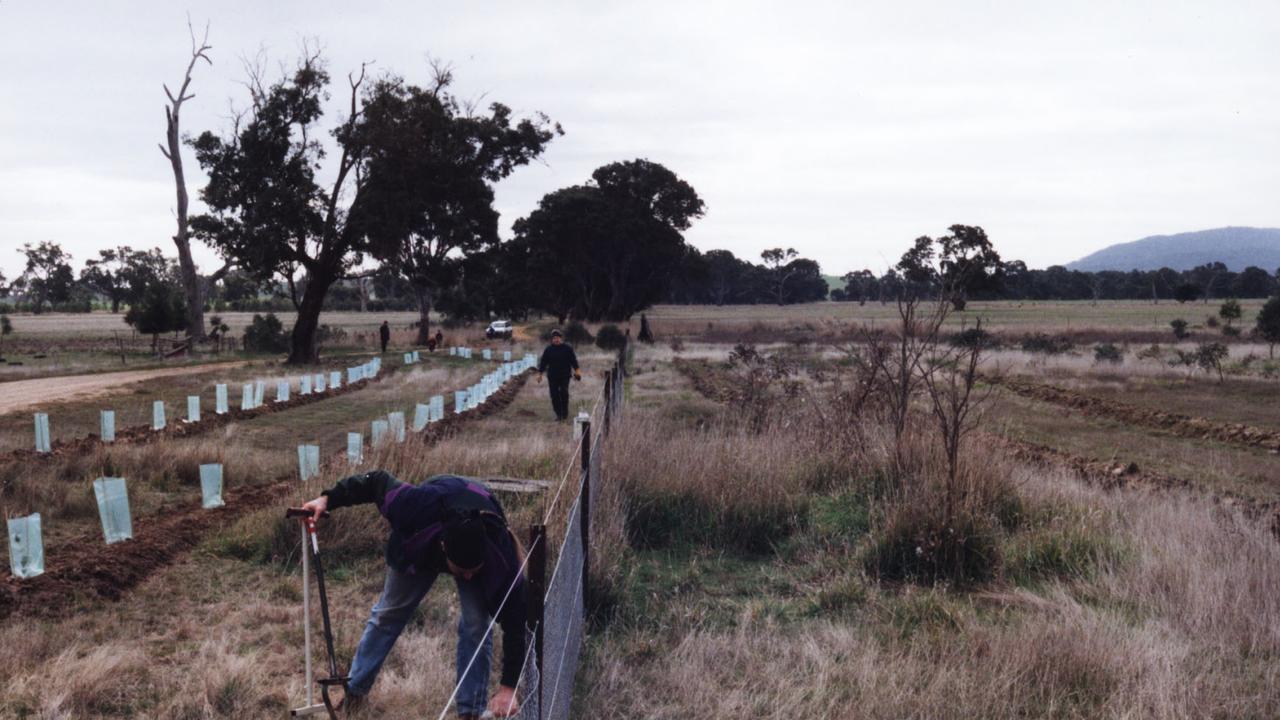Climate change: Ag ministers unite
WORK on a national strategy to help agriculture adapt to climate change has begun following a landmark agreement by Australia’s agriculture ministers.
WORK on a national strategy to help agriculture adapt to climate change has begun following a landmark agreement by Australia’s agriculture ministers.
The nation’s state and federal agriculture ministers pledged to support climate change adaptation at last week’s Agriculture Ministers Forum — marking the first time climate change has been discussed at that level in three years.
Victorian Agriculture Minister Jaala Pulford requested the issue be put on the meeting’s agenda, telling federal minister and AGMIN chair David Littleproud that “the impacts of climate change are becoming increasingly evident on productive agriculture”.

“Agricultural industries and farmers are managing these impacts in various ways, however government needs to support the 85,682 farm businesses ... through appropriate investment,” Ms Pulford said, in a letter to Mr Littleproud.
“Discussing this at AGMIN is an important part of leading the national conversation.”
Ms Pulford told The Weekly Times a strong national strategy was needed to help agriculture adapt to climate change risks and to reduce emissions.
“The National Party has held agriculture back by denying the reality of climate change for decades,” she said.
“It is welcome that they have caught up with the reality that farmers and food producers are already acting to manage the risks that climate change presents.”
Mr Littleproud, who has been the federal minister since December, said a “forward-looking” national strategy was “a sensible thing”.
“I’m pleased we’re doing that and thank my state agriculture minister colleagues for coming on the journey with me,” he said.
Agriculture Victoria will prepare a paper for the ministers, exploring options for a national approach, climate change scenarios, analysis of the risks and a stocktake of current work to reduce emissions.
Farmers for Climate Action chief executive Verity Morgan-Schmidt said it was positive to see “leadership across the board” on the issue but said “robust” work was needed now.


